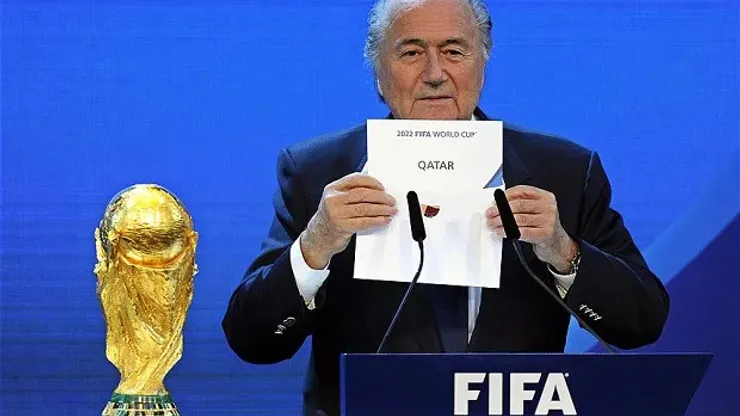FIFA today announced that after an 18-month investigation by former New York district attorney Michael Garcia, there is not sufficient evidence to justify stripping either Russia or Qatar of the 2018 or 2022 World Cups.
German judge Hans-Joachim Eckert ruled that there was not enough evidence to justify re-opening the process. Qatar was cleared to host the 2022 tournament after the governing body’s ethics committee ruled that any breaches of the rules were only of “very limited score” and closed its investigation into the controversial bidding process.
Shortly after the announcement from FIFA, the chief investigator said that FIFA misrepresented his report into the World Cup bidding process.
A statement issued by Michael Garcia said: “Today’s decision by the Chairman of the Adjudicatory Chamber contains numerous materially incomplete and erroneous representations of the facts and conclusions detailed in the Investigatory Chamber’s report.”
Garcia went on to say that he intends to appeal the decision to the FIFA ethics committee.
The announcement from FIFA today also accused the English Football Association (the governing body’s biggest critic of the process) of flouting bidding rules in an attempt to stage the 2018 World Cup.
The FA was accused of trying to “curry favor” with former FIFA vice-president Jack Warner, who quit his role in 2011 amid bribery allegations. The report said that England’s bid team tried to win the support of Warner, who is from Trinidad & Tobago, by:
– Trying to help “a person of interest to him” to find a part-time job in the United Kingdom
– Letting the Trinidad and Tobago Under-20 squad hold a training camp in the UK in the summer of 2009.
– Sponsoring a gala dinner for the Caribbean Football Union, at a cost of $55,000, around £35,000.
In the 42-page report, Hans-Joachim Eckert wrote that the England bid’s team “showed a willingness, time and again” to meet Warner’s expectations. By doing so, it damaged “the image of FIFA and the bidding process.”
Despite promising anonymity for whistleblowers in order to encourage them to give evidence, Michael Garcia favored publishing as much of his 430-page report as possible – with redactions where required.
But Eckert insisted on publishing only his interim 42-page summary of the findings, with a promise that any sanctions against individuals would be decided by next Spring.
200+ Channels With Sports & News
- Starting price: $33/mo. for fubo Latino Package
- Watch Premier League, Women’s World Cup, Euro 2024 & Gold Cup
The New Home of MLS
- Price: $14.99/mo. for MLS Season Pass
- Watch every MLS game including playoffs & Leagues Cup
Many Sports & ESPN Originals
- Price: $10.99/mo. (or get ESPN+, Hulu & Disney+ for $14.99/mo.)
- Features Bundesliga, LaLiga, Championship, & FA Cup
2,000+ soccer games per year
- Price: $5.99/mo
- Features Champions League, Serie A, Europa League & Brasileirāo
175 Premier League Games & PL TV
- Starting price: $5.99/mo. for Peacock Premium
- Watch 175 exclusive EPL games per season






